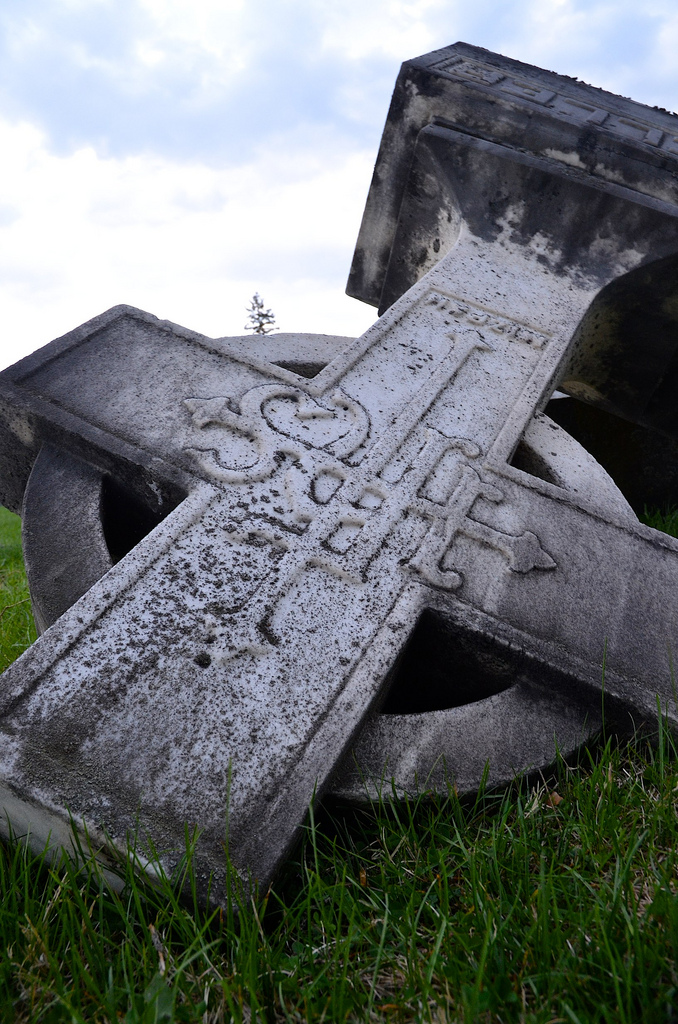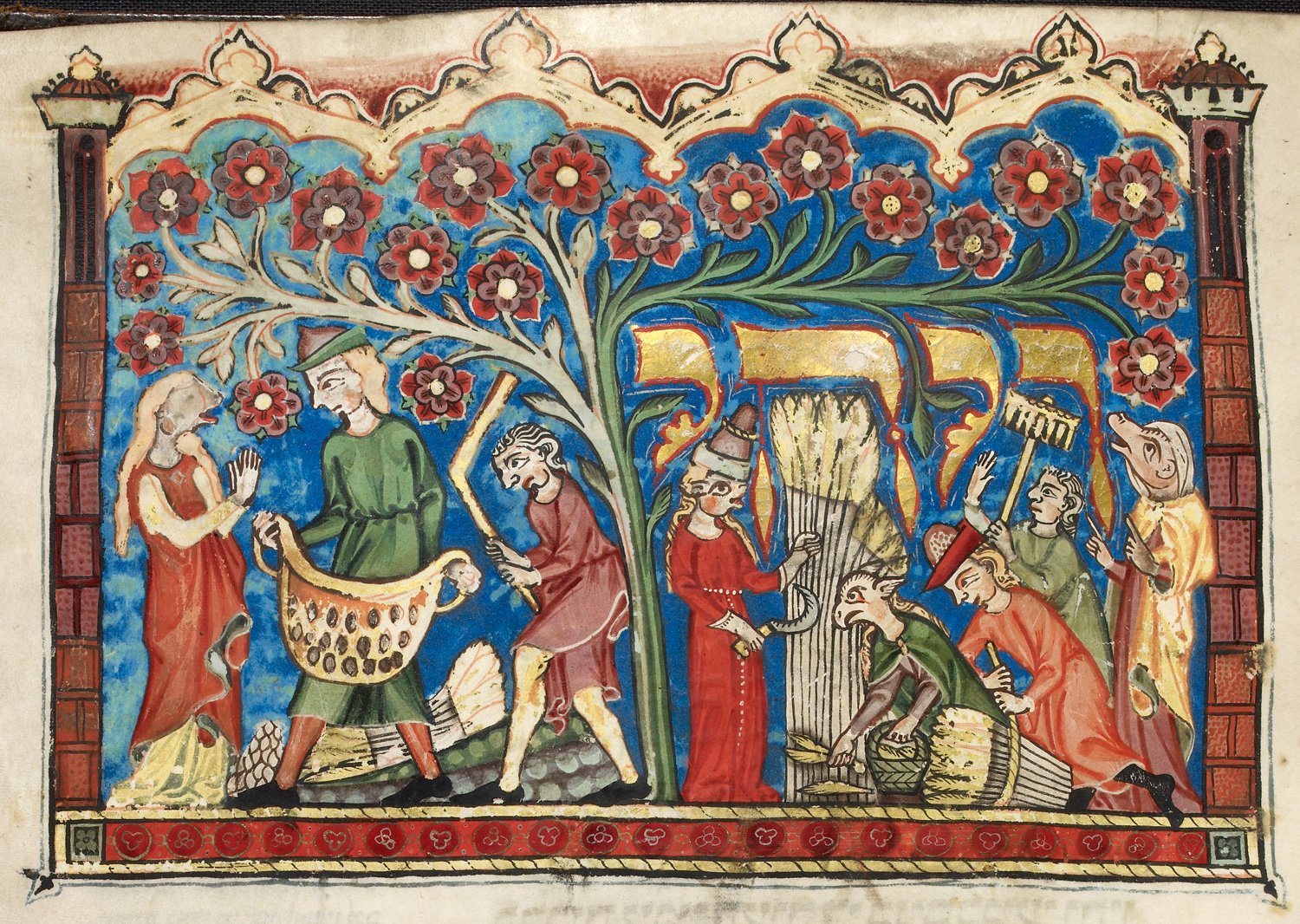
“I sat with my anger long enough until she told me her real name was grief.” This quote, with the accompanying picture, came up in my FB feed and was attributed, as you can see, to C.S. Lewis and, more specifically, to A Grief Observed. Except Lewis did not write this. I reshared on FB both acknowledging the truth of the quote and questioning the attribution.
First, the sentiment. It is powerful and it rings true to the experience of so many of us in grief. When a loved one has died, it can be fairly obvious. Our emotions and feelings well up and anger is chief among them, especially when it is someone who has died well before their time. Elizabeth Kübler-Ross even famously placed it #2 on her list of five stages of grief in her book On Death and Dying. (It is worth noting that most now acknowledge that we will go through these stages, and other feelings, in any order, often circling back again. A key to emotional health is to try not to get stuck in any one moment and not beat ourselves up when we come back to a “prior” stage. Feel the feels.) Anger and grief do, indeed, go hand in hand. Recognizing that can be a very important part of coping with anger, since sometimes we might struggle to pinpoint its origin.
Grief comes from many directions, however, and I define grief as those emotions that come from the loss of something we hoped or expected to continue in our life. It is not just about someone dying. For example, our institution is going through a change of governing structure, moving towards a model that many (perhaps even most) other universities have. It is not a small matter and it has caused a lot of upheaval and dissent within the community. People describe their anger, frustration, and anxiety in various ways, but they all are a part of grief. There are, of course, layers and complications to all feelings and many will point to this or that specific thing that has angered them, but grief is a key and unspoken component of this experience. What they had expected as a certainty, the structure and way of doing things, was now changing and they weren’t ready for it. Many don’t like it. It is disorienting and unsettling.
Anger is real. It is a part of grief. That needs to be said and acknowledged so that we can process our feelings and emotions accordingly. It is a good quote, “I sat with my anger long enough until she told me her real name was grief.”
It just isn’t from C.S. Lewis. A mutual friend connected me with William O’Flaherty who runs Essential C.S. Lewis, a great site for all things CSL. He also published The Misquotable C.S. Lewis, a look at various and sundry quotes and near-quotes attributed to Lewis. He confirmed what I and others on my FB discussion had surmised, Lewis didn’t write this.1 At least not that we can find. That is a shame, not because it should be from Lewis, but that the original author is not getting the credit they deserve. Conceptually, it is a worthy sentiment and I would want to credit them, so if you are the original author, please do come forward!
Proving a negative is difficult, so how do we know that Lewis didn’t write this? Well, William and I both happen to have almost all of Lewis’ works electronically and we both, independently searched for this phrase and could not find it in his corpus. It is always possible we missed something. An interesting note from my research is that in A Grief Observed, the book that this quote was attributed to in one post, opens, “No one ever told me that grief felt so like fear. I am not afraid, but the sensation is like being afraid. The same fluttering in the stomach, the same restlessness, the yawning. I keep on swallowing.” That actually describes very well the feelings I have had in grief. Yet a search for the word “anger” in the book, brings up “danger” and “stranger” but never “anger.” So Lewis equates the emotion with fear but not anger, at least in that work.
Others suggested reasons why this is not from Lewis include that it simply didn’t “sound like Lewis.” Not an unreasonable argument. We all have a sense of how an author “sounds” (or reads). We are talking about style. Would Lewis personify anger and grief? Would he assign a gender to grief? (And I have found myself wondering what it means that the author did assign the female gender to grief.) It is possible that this was attributed to Lewis in some sort of dramatization, such as Shadowlands or The Most Reluctant Convert. I have not checked those sources. I also noted Michael Ward’s very good chapter “On Suffering” and cannot find it mentioned there either. I would think, if it existed as a Lewis quote, Ward would have cited it.2
Finally, Lewis does, of course, say a lot about grief, not only in his titular book on the subject. There is much ore to be mined in Lewis’ work on this subject as so many others. I will close, however, with something from A Grief Observed that I had not really noticed until I returned to it for this investigation. I mentioned above the various “stages” of grief. Lewis has his own reflection of similar stages of marriage and includes bereavement as one of them.
“I wrote the other night that bereavement is not the truncation of married love but one of its regular phases—like the honeymoon. What we want is to live our marriage well and faithfully through that phase too. If it hurts (and it certainly will) we accept the pains as a necessary part of this phase. We don’t want to escape them at the price of desertion or divorce. Killing the dead a second time. We were one flesh. Now that it has been cut in two, we don’t want to pretend that it is whole and complete. We will be still married, still in love. Therefore we shall still ache. But we are not at all—if we understand ourselves—seeking the aches for their own sake. The less of them the better, so long as the marriage is preserved. And the more joy there can be in the marriage between dead and living, the better.”
In grief it is all too easy to mentally push away our loved one who has died, to try and lighten the weight of sadness by distancing ourselves emotionally. “We don’t want to escape them At the price of desertion…killing them a second time.” When my grandfather died, my grandmother quickly removed almost all traces of him from the house. Or at least, those traces of him that she had not approved. I think there was a fair amount of anger in her that, in her grief, she was exercising (even if she thought she was exorcising it). The editing out of those aspects of him that she did not like or want, had to go. Pushing him away made it easier to be without him.
Of course, it is more complicated than that, we are all more complicated than that, but I think Lewis was right, we need to embrace every phase of marriage, including our grief. This too is love.
- William found it attributed to Isaac Rowe, but he also said its author is “unknown.”
 ↩︎
↩︎ - In MacSwain, Robert and Michael Ward. The Cambridge Companion to C. S. Lewis. Edited by Robert MacSwain and Michael Ward. Cambridge Companions to Religion. Cambridge: Cambridge University Press, 2010. https://www.cambridge.org/core/books/cambridge-companion-to-c-s-lewis/67BD6D063F08FACCED83FE734EC31275 ↩︎





